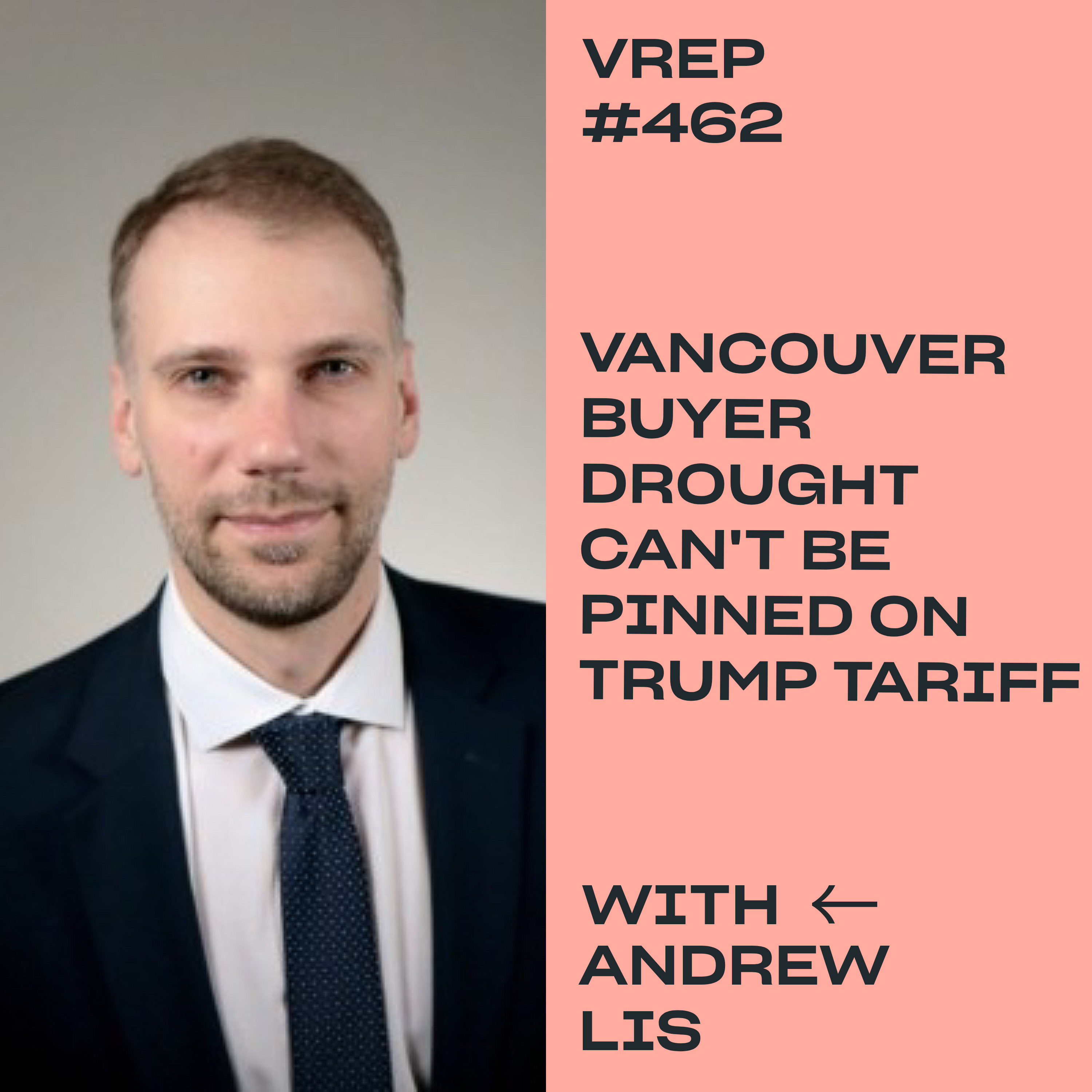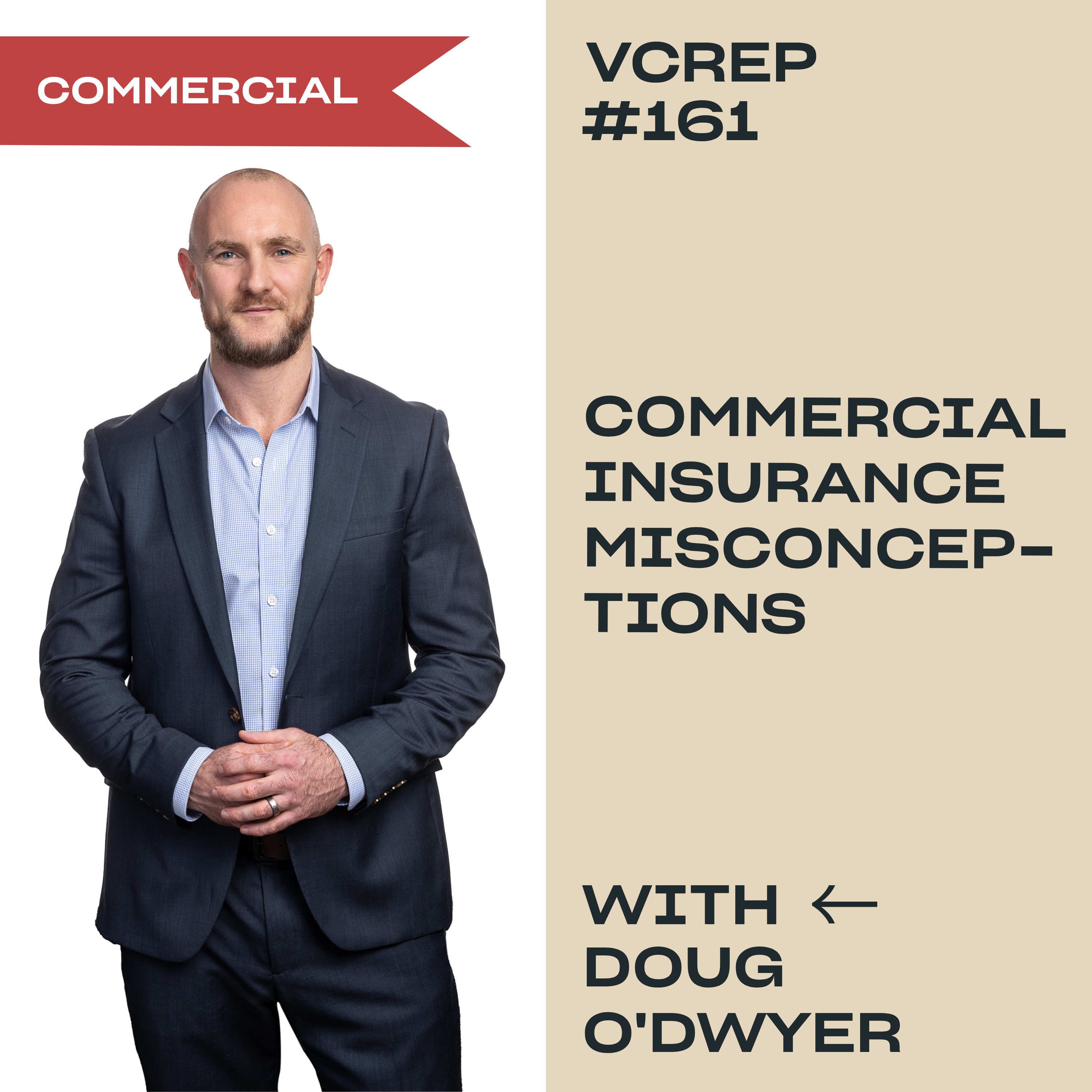Episode 319 – April 22, 2022
Listen On: Apple Podcasts | Spotify | Google Podcasts | YouTube
We get it – you watch a lot of HGTV and have a flair for design. But, does that really mean you should be taking on that renovation project? And how can you find exceptional deals that not only mitigate risk but offer healthy returns? This week, Matt & Adam discuss 10 tips for super-charging your real estate portfolio and finding lucrative reno projects based on over 10 years of on-the-ground experience.
What mistakes will sink your project? Why do most people miss that once-in-a-lifetime deal? And how can you start finding projects today? So many from the VREP community have inquired about re-hab projects; consider this your launch pad!
Listen to Episode
Episode Summary
1 – Focus on condo renovations
House renovations take a long time, especially if you need permits. With condos, strata approvals can happen on a much quicker timeline. You can be in and out of a condo renovation in four months, whereas a house renovation might take you that long to just get your permits.
With condo renovations, most of the changes are just aesthetic as the major projects are common to the building. You’ll be working on simpler projects and leaving the complicated stuff to the strata.
The returns are there and the timelines are quick with condos.
2 – Create a detailed search when you’re looking for a property you want to renovate to sell
Private Client Services (PCS) is a great way to search for real estate. You can set up a search with specific sub-markets; focusing on areas you know well instead of looking at 30 different neighbourhoods. You can also set your price parameter and even tailor your search by the age of the building.
You want to include different types of ownership in your search. For example, you can search for sales under power of attorney, court-ordered sales and estate sales. This often means there are multiple owners and the property may be in a distressed state, which could be a great renovation opportunity.
PCS sends you an email anytime a property matches your search criteria. When a deal comes across your desk, you have to look at it. If you explore an opportunity immediately, you have a better shot at finding the best deal.
3 – Understand the resale market
As much as you’re looking at the deal, you also need to look at who the buyer will be on your way out. If there’s still a competitive price point for the market overall and you did a good renovation, you’ll find your buyer. For entry price points, look at areas that are attractive to young couples and families like Mount Pleasant and Kitts.
You need to know who the buyer is when renovating a property to sell.
4 – Run your numbers today
It’s so easy to be optimistic about where the market is going. People end up overpaying because they assume the market will go up. But you need to run the numbers for today. Run the comps based on renovated units in the immediate area at the time of purchase.
If the market goes up, that’s just gravy! But don’t count on it in your numbers.
You need to look at the purchase price and what you’ll be offering to pay for it, property transfer tax (PTT), lawyer fees and closing costs. You also need to add in your renovation costs, carrying costs (including maintenance and insurance) and realtor fees. Minus all of those costs from the comp prices you found and then you’ll find out what your profit will be. We aim to make 15% profit. If the market goes up, there can be a bigger win but we look for 15% at today’s numbers.
5 – Don’t clean clean
Don’t renovate a home that is clean enough for an end-user already. It’s better to find a “crime scene” property – something where you can really add value through your renovation – rather than something that only needs a few finishing touches. You want to find a property where your value-add is reimagining the space, not simply painting and putting in new appliances.
As renovators, you don’t want to compete with end-users. End-users can always pay more than renovators. They’re willing to put in a little sweat equity to save themselves some money. You want to be competing with other renovators or, ideally, be the only person trying to buy that property.
Keep your finger on the pulse of Vancouver’s real estate market with our Live Wire email newsletter.
6 – Look for immutable properties
Go after good bones! Look for things like vaulted ceilings, a good building, lots of windows, floorplans you can work with or manipulate, lots of storage, etc. You want to find ways to improve the property and help it shine with a little bit of work.
Your job is to unlock the potential of a property. Sometimes you have to look for more subtle ways to add value, such as adding a walk-in closet to a bedroom. For example, on a previous project, we were able to capitalize on a vented dryer and introduce in-suite laundry in a building that didn’t have laundry in-suite. That was a game changer!
7 – Make it easy on the seller
You want to have a super competitive offer that is easy to accept; don’t complicate things. Typically buyers will have three-pages of clauses but we try to include only 3-4 clauses when we’re buying properties to renovate and sell. We try to do as much due diligence as we can upfront so we can make a subject-free offer. Do whatever you can to make money on the buy.
You want the seller to be able to easily read your contract, so don’t overcomplicate it. With more time and experience in the market, you’ll have the confidence to simplify your contracts and take on bigger risks.
For example, if you’re buying a hoarding house, you can offer to take care of the junk removal. We’ve done this ourselves and have had past guests do this. By offering to do this, you take the pressure off the seller and make it easier for them to say yes to your offer.
8 – Learn when to walk away
If the numbers don’t work out, don’t fudge them. Don’t get over excited. And always trust your gut.
Sometimes there is unnecessary risk. A big risk you need to consider is the state of the building. The building is not within your control, regardless of the work you do on the unit. You can’t be caught with a levy, because there goes your profit margin. You don’t want to scare away your lenders or future buyers with a risky building.
9 – Create winning relationships
Don’t do anything on a handshake; have everything worked out in a shareholder agreement. Get a lawyer involved from day one and make sure you know the rules of engagement with everyone you’re working with.
It’s important to make sure everyone on your team adds value – whether that’s trades, design, market knowledge or maybe even financing.
In Vancouver, trades are so busy. You have to have a relationship prior and have some experience with renovations. If you’re calling someone out of the Yellow Pages, your prices will be inflated.
If you don’t have experience, you could link up with a contractor. But then you need to figure out what your value-add is. And it might be bringing the property!
10 – Penny smart, pound foolish marketing
There’s a specific way to roll out properties and it doesn’t change, except for a few custom, luxury properties. Toronto and Vancouver are staging markets. If you renovate a space and leave it vacant, you are leaving money on the table. Spend the money to stage it and you’ll see the return. Get professional photos, have a floor plan, have a video and roll the listing out correctly and strategically. That is what is going to win.
Remember that end-users can always pay more than a renovator because they are going to live in the space. They can fall in love with the unit, the neighbourhood, the building, etc. What you want to do with your marketing is help someone fall in love. You have to spend time on the marketing and make your space look phenomenal. If you do that, you’ll make your money back tenfold.
Keep your finger on the pulse of Vancouver’s real estate market with our Live Wire email newsletter.
Episode Host

Adam Scalena
Adam is a full-service realtor, specializing in Vancouver’s best areas. His systematic approach to real estate and dedication to his clients has consistently placed him within the top 10% of realtors operating within Greater Vancouver.

Matt Scalena
Matt is real estate obsessed and considers himself a lifelong student of the Vancouver real estate market. As a co-manager of the Scalena Real Estate team, Matt prides himself on expertly advising buyers and sellers on all aspects of the fast-paced, dynamic Vancouver real estate market. He is present at every stage of the process, from that first phone call or email right through to when keys are exchanged between sellers and buyers.







